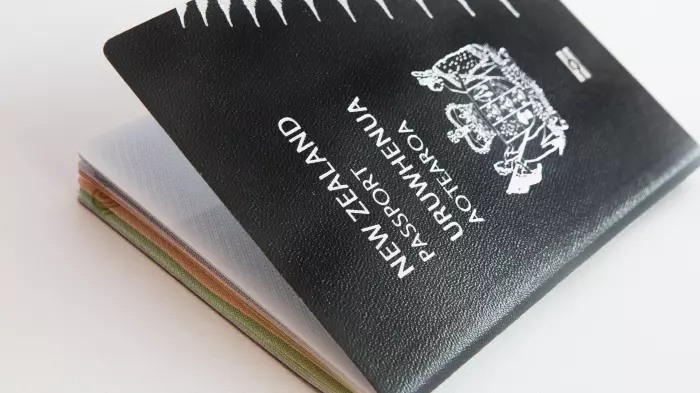In recent months, cases of workplace bullying and other employment disputes have thrown the resolution process into the spotlight.
However, one aspect of the process that attracts less attention, despite having the potential to cause ongoing harm, is the naming of employees who take action against employers in the Employment Relations Authority (ERA) or Employment Court.
Under the current rules, employees and employers are by default named in decisions that come out of the ERA and Employment Court. This has created issues for complainants further down the line, since employers and recruiters often search these records when assessing candidates.
Fair or not, employees who have pursued claims against an employer can be seen as 'difficult' or a 'troublemaker', and miss out on job opportunities as a result.
It's also not uncommon for employees to choose to settle legitimate claims for far less than they're worth, simply to avoid the spotlight that can come from litigation that is out in the open for all to see.
Time for change
There's a growing consensus in the law that the naming of parties in employment cases is not serving employees well, and there has been an increase in non-publication orders in recent years. However, the ERA and Employment Court are still held back by the current legal framework.
In the 70s and 80s, it was very rare for a party who raised a personal grievance claim to be named. Back then, personal grievances could only be brought by unions on behalf of their members, and such claims were typically resolved by grievance committees without any public decision being released.
It was only in the small number of cases that reached the Labour Court, the precursor to the current Employment Court, that parties were named.
The introduction of the Employment Contracts Act in 1991 was a major power shift away from unions and towards employers and individuals. The new regime allowed personal grievances to be lodged by individuals at the newly formed Employment Tribunal.
However, it meant that employment claims would now be decided in the open, with the parties’ names being made public in all but a very small number of cases.
The emphasis on public decisions has essentially remained the same in the years since. In modern times, it has only become easier for employers to find out if a prospective employee has sued a past employer, due to all decisions being posted online.
Using this kind of information when making hiring decisions is inappropriate, and the ERA and Employment Court are increasingly expressing concern about this practice.
It has gradually become easier to get non-publication orders from the ERA and court, but the way the system is set up means that those orders are the exception, not the rule. People still have to prove specific negative consequences as a result of being publicly named in order to get a non-publication order, which is not always easy to do.
It could be argued that transparency in employment cases also enables potential employees to identify bad employers, but the practice unequally penalises workers who are successful in bringing a case.
An employer may change its staff and policies, or take public steps to restore its reputation, but an individual worker generally has far fewer options.
Model change
To fix this issue and reduce the negative consequences of speaking up against employers, there will need to be significant changes to the system.
The relationship between an employer and an employee has been called the second most important relationship in a person’s life, behind their family relationships.
In that case, I would argue that the employment law requires a model that is closer to that of the Family Court, where the names of everyone involved are suppressed.
If a similar approach were to be introduced to the ERA or Employment Court, there would need to be certain exceptions to that general rule, for example, claims by the Labour Inspector against unsatisfactory employers, where a claim has been brought in bad faith, or where there are other compelling reasons for naming to occur. But in most cases, it would be appropriate for the anonymity of the parties to be maintained.
New Zealanders should not be discouraged from taking legal action against a poor employer because of the threat of public naming, and they certainly should not be punished for winning those actions when they go looking for their next job.
That’s a situation that arises far too often under the current system. Changing our rules around the publication of names in the ERA and Employment Court would go some way to making things fairer for people who speak up.










